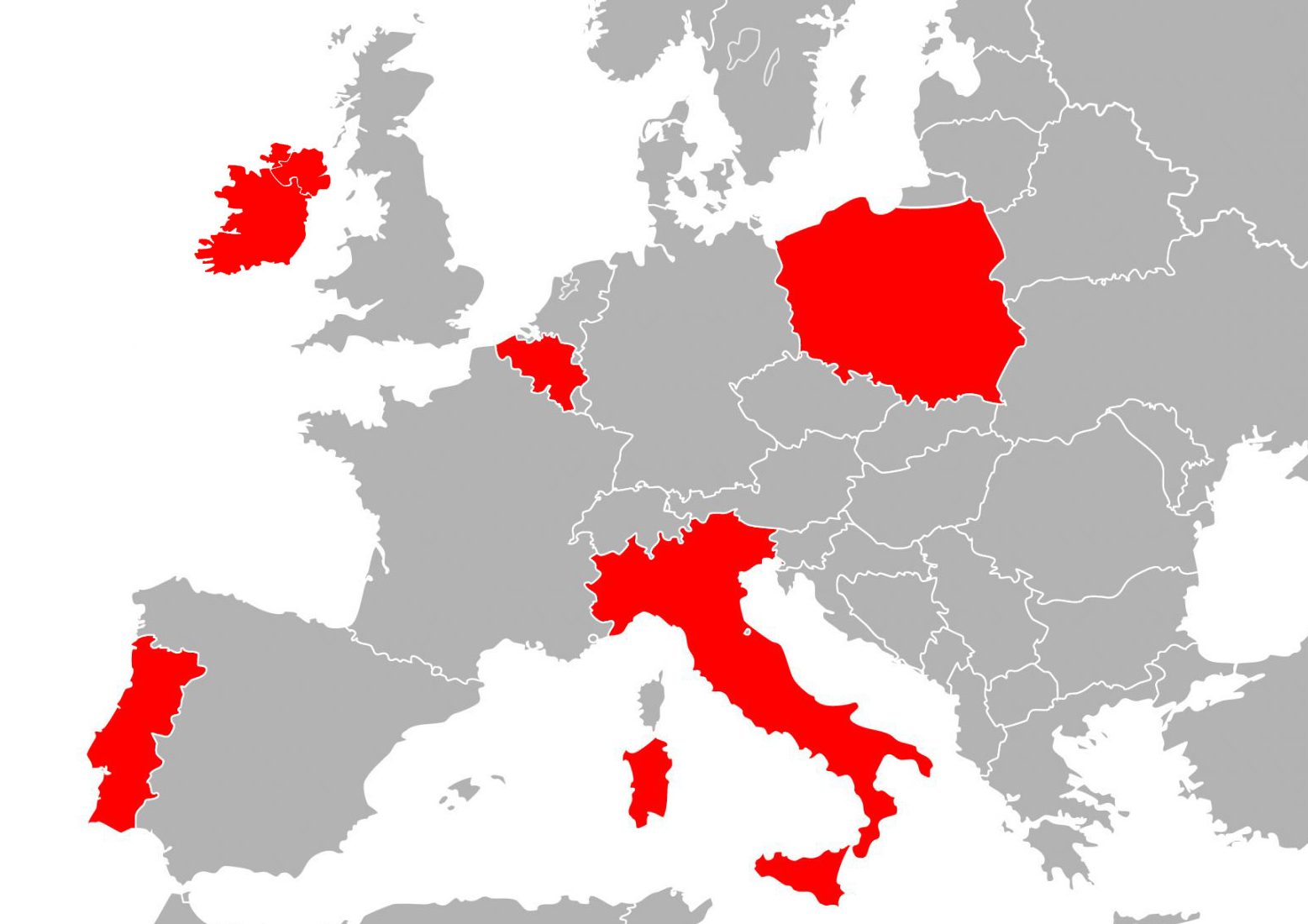The world behind
a word.
An anthropological exploration of fascist practices and meanings among European youth
How and why does the «f-word» of fascism continue to constitute a compelling and urgent issue in contemporary Europe?
F-WORD addresses this question through comparative ethnographic research among martial arts and combat sports sites as contexts for exploring how fascist practices and meanings are diffused and appropriated by youth.
RESEARCH QUESTIONS
How are the fascist past and memory politics managed, narrated and diffused in the country cases, especially in terms of:
a) the legal-institutional field and
b) the cultural, social and sports
fields?
RESEARCH OBJECTIVE
A diachronic comparison (1945-present) of the use and diffusion of fascism in the country cases, with reference to:
a) Number and type of laws and policies and number and type of political parties and groups referencing to fascism.
b) The cultural representation and diffusion of memory politics and contemporary images of fascism.
How are fascist practices and meanings appropriated, performed and signified by European youth?
Mapping where fascist practices are enacted and meanings builtamong youth within a comparative analysis of the way different social positions (gender, race, class, age, religion, etc.) affect the way people accept – or oppose – the f-word world.
How does studying fascism necessitate specific methodological choices which themselves engage in the production of knowledge?
Experimenting with a new paradigm for research in contemporary fascism by using feminist ethnography, especially in order to:
a) Engage with the relational dimension of ethnographic research and the ethical and political dynamics of studying contemporary forms of political violence.
b) Understand the diffusion of fascism on the ground level, paying special attention to its relationship with the process of knowledge-production.
How may looking at fascist practices and meanings and the way the f-word is performed and circulated in Europe help to unveil the
f-word world and foster our understanding of the logic potentially underlying fascism as a social phenomenon?
Building on the results of RO1 (institutional, historical and cultural diffusion of fascism), RO2 (contextual construction of meaning and practices among European youth), and RO3 (relational dynamics of ethnographic research), the project explores how these different levels intersect in shaping fascism as a cultural presence and social phenomenon in contemporary European society. It interrogates whether there is a shared logic behind the varied, context-specific manifestation of the performativity of fascism that informs the way the f-word affects human action.
BACKGROUND MATERIAL
Political Arena



History





Cultural Expression





ETHNOGRAPHY

Extended ethnographic fieldwork (10 months) will be carried out by experienced post-docs supervised by the PI. Furthermore, the comparative design of the project aims to uncover the shared logic of fascism, not abstractly but as embedded ideological process. F-WORD proposes a new paradigm in the anthropological exploration of contemporary fascism, framed by the methodology of feminist ethnography, which will interrogate how specific methodological choices are involved in the process of knowledge-production and their epistemological consequences. The ground-breaking nature of this project is twofold: one, it unveils the world behind fascism, and thus the diffusion and various appropriations of fascist practices and meanings among European youth; two, it employs feminist ethnography as a paradigm which itself opens up new and unexplored directions of research.
Using fascism as a heuristic device, this project also unfolds diachronically, seeking to explore how European history and memory politics are practiced in the daily lives of young people, and how they are signified and experienced, ultimately connecting to mythic representations of the past to inform a future-oriented fascist utopia. This will be achieved through a comparative ethnography in four European countries (Belgium, Italy, Poland, Portugal), moving from combat sport and martial arts urban contexts to follow relations and life trajectories of young people (18-30) with the objective of mapping where youth encounter political discourses in non-political spaces.
METHODOLOGY OF ANALYISIS


YOUTH NETWORK



